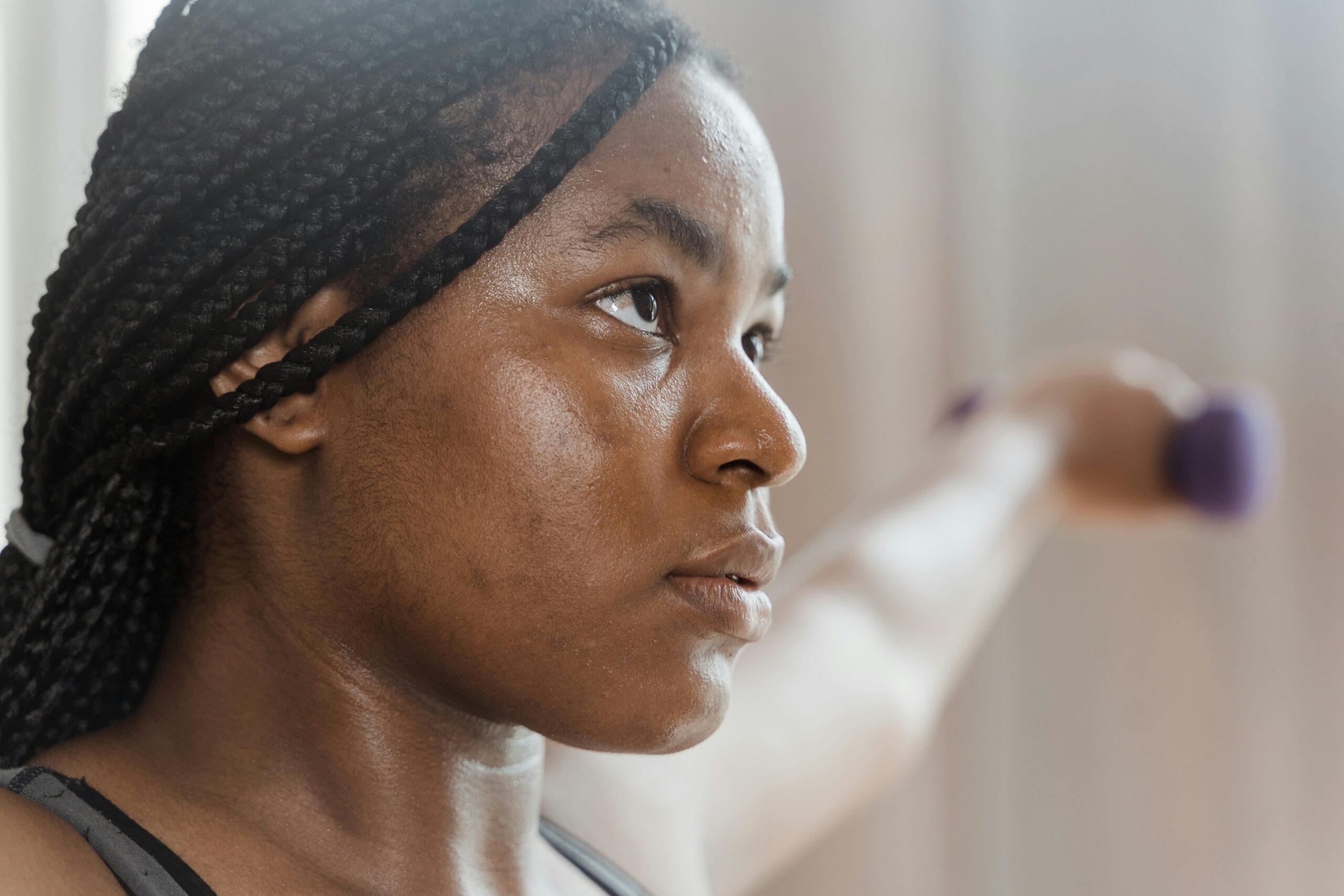A Guide To Training Yourself To Wake Up Early

One week into my summer internship, I woke up to the sound of my loud, annoying alarm clock at 5:45am. Feeling equal parts tired and groggy, I pushed the snooze button and didn’t make it out of bed for another 15 minutes.
By the time I left home, I got stuck in traffic, almost missed my morning train, and had to suffer through a stampede of suited professionals in the subway.
There’s got to be something I can do to change this, I thought morosely as I exited the stifling subway atmosphere.
That was my light bulb moment.
From that day, I committed myself to a 3-week “Early Bird” challenge. To hold myself accountable, I even documented my journey on Tumblr.
Here are some tips I learned after training myself to wake up earlier:
1. Write yourself a “To Do” list.
Nothing can be more motivational than jotting down a quick “To Do” list before going to bed. I usually keep mine close to my alarm clock, so that it creates a sense of urgency to get out of bed.
2. Have a nightly ritual.

Doing something relaxing before bedtime will help you to fall asleep faster. As a bonus, once you have a “ritual” down, your body starts to automatically feel sleepy at this time. For me, drinking a glass of milk, listening to relaxing music, and writing in my journal is the best way to end the day.
3. Give technology a break.

Before going to bed, it might be tempting watch TV, surf the web, answer e-mails, play your favorite videogame, etc. Why shouldn’t you do it? Technology affects our sleep. You’ll not only have a harder time falling asleep, but your sleep quality will be affected as well.
4. Keep the phone away from your bed.
Do you check your e-mail on your phone as soon as you wake up? Want to get out of bed faster? In that case, keep the phone out of reach, so that the first thing you do is run to the bathroom…not your phone.
5. Skip the evening coffee.

I love coffee, but I’ve found that if I drink it after 4pm, I tend to have trouble sleeping. That might be because caffeine has an average half-life of 6-8 hours…which is how long our bodies take to get half the drug out of our system.
6. Watch what you eat before bedtime.
How long before bed should you have dinner? It’s a matter of personal preference, really. For example, you can choose to eat a heavy meal 2-3 hours before bedtime, or a light meal 20 minutes before hitting the covers. Experiment and see what works best for you.
7. Keep the fluids to a minimum at nighttime.
If you wake up in the middle of night to go to the bathroom, chances are you drank a lot of something in the hour before bedtime. Moderation is key to preventing these midnight bathroom visits—don’t let those pesky fluids disturb your slumber!
8. Pick an awesome wake up chime.

Want to wake up happy and ready to embrace the day? Then change your alarm tone to something that makes you eager to get out of bed.
9. Set multiple alarms, preferably away from your bed.

As a rule, I set three alarms: 5am, 5:05am, and 5:10am. The first one wakes me up, while the second one forces me to get out of bed. If I somehow end up back under the covers, the third one plays an ominous soundtrack that scares me out of bed.
10. Go to bed at the same time (or try to).

Try to commit to a strict bedtime when you start. If you end up sleeping late a few times—that’s okay! It’ll drive you to sleep earlier the next day.
11. Wake up at the same time (DO, not try).

One of the mistakes I made earlier was waking up at different times. If you consistently wake up at the same time every day, eventually you’ll start waking up on your own without that alarm clock.
12. Sweat it out in the morning.

There are many benefits to exercising in the morning. One of my favorites is the energy boost to jump start the day! I’ve also found that moderate exercise throughout the day makes me tired and able to fall asleep faster.
13. Invest in an alternative morning ritual.

Perhaps you don’t have time to exercise in the mornings, or you like saving it for the evenings. In that case, find something you can look forward to starting the day with. Maybe you like to write in the morning or enjoy reading the news over a cup of coffee.
14. Make sure to have some “sleep in” days.

It’s okay if you need to sleep in on the weekends. In fact, make a game out of it! Set your alarm clock for the same time during the weekday, but turn it off for the weekends. Keep track how many weekends it takes for you to wake up at your weekday time.






